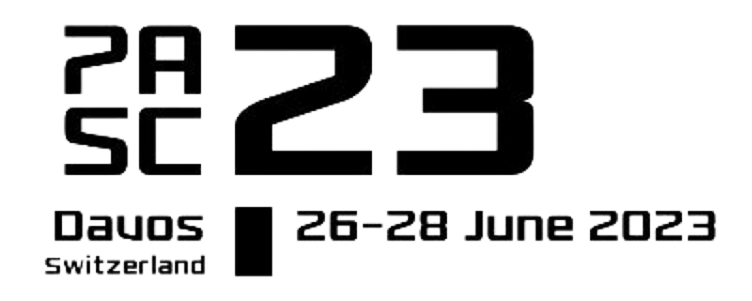Presentation
Galaxy and Scientific Communities: How to Incorporate New Ones, Uplift Engaged Ones and Maintain Mature Ones
Presenter
DescriptionThe Galaxy platform has been designed as science domain-neutral and, recently, it has been expanding into new scientific communities. In this talk I will present examples from our work in the EuroScienceGateway project, which aims to leverage European computing infrastructures for data-intensive research guided by FAIR principles. This work comprises the incorporation of the new communities of muon science, astrophysics, biodiversity and climate science into the Galaxy platform. As regards the muon community, I will introduce MuonGalaxy: a new Galaxy instance that allows members of the muon community to have better access to the software tools developed by the MSCP. Furthermore, I will also discuss how the biodiversity, climate science and astrophysics communities are integrating their state-of-the-art tools and workflows into Galaxy. The biodiversity community is using Galaxy to tackle the problem of annotating new genomes in the context of a tremendous increase of new genomic data. As regards the climate science community, it is using Galaxy to address computationally intensive use cases such as forecasting changes of vegetation and sea-ice in the Arctic. Finally, Astrophysics has a long tradition of FAIR data and workflow stewardship, and they are using Galaxy to harmonize these practices with those of other communities.
TimeTuesday, June 2712:30 - 13:00 CEST
LocationSanada II
Session Chair
Event Type
Minisymposium
Computer Science, Machine Learning, and Applied Mathematics

